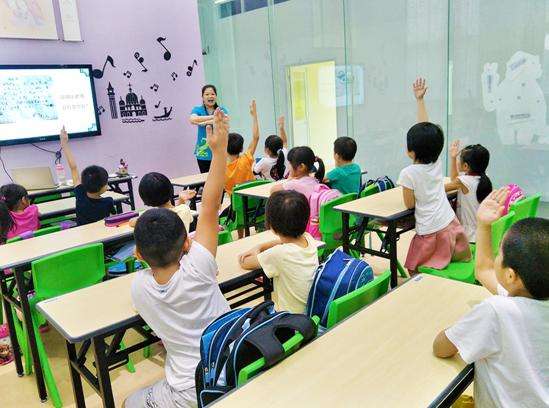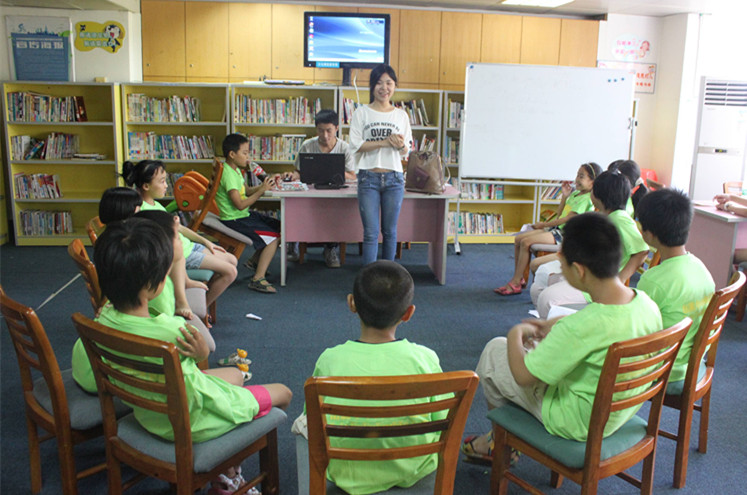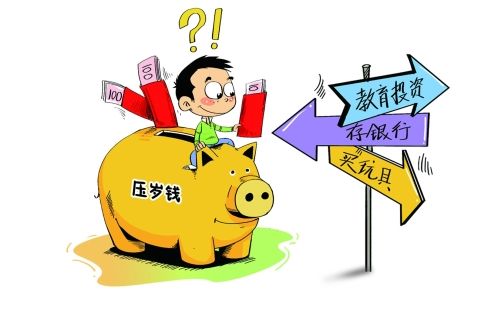
This is People's Daily Tonight. Costly tutoring: step up or unfair advantage?

The recent news that a Chinese family spent half of its annual income on after-school tutoring for their child has put a spotlight on this costly trend.
The case may be extreme, and possibly exaggerated, but it still captures this growing phenomenon. Most Chinese parents, especially those who live in developed areas, send their children to at least one after-school course.
The extra courses impose not only more pressure on students, but also a financial burden on the household. Mrs. Zhang, a mother of a 5-year-old from Shenyang, Northeast China's Liaoning province, has spent 60,000 yuan ($9,500) on her daughter’s tutoring this year including courses on mathematics, English, traditional Chinese culture and some extracurricular ones in vocal music, art, and badminton. The amount of money spent seems even more astonishing when compared with the per capita annual income of employed Shenyang citizens of 67,444 yuan ($10,695). According to a story from Beijing Morning Post, the price of private tutoring aiming at overseas study can be as high as 850,000 yuan ($134,000).
But the high price does not cool down parent’s enthusiasm. A questionnaire of parents from Shanghai, East China, shows some 85% of their children have attended after-school tutoring.
Regulations issued by China’s Department of Education in 2015 have forbidden school teachers from undertaking paid tutoring. The response from parents was unexpected. Parents of students from a high school in Wuhan, South China, protested at the District Education Bureau to call for the revocation of the supplementary tutoring ban.
The reality is many Chinese families are struggling with the dilemma of supplementary tutoring. On the one hand, pricey courses are financially suffocating the families. On the other hand, parents are troubled by the educational anxiety of fearing their children may not be in the top of the class at their school.

Is supplementary tutoring really necessary?
To some extent, the answer is yes. Supplementary tutoring in China is not exactly the same as “shadow education,” for shadow education substantially acts as a genuine supplement for school classes, while supplementary tutoring, especially in terms of mathematics, physics, chemistry or other subjects of science, often introduces knowledge in advance of the school curriculum. “Many supplementary tutoring courses are years ahead of curriculum to squeeze time for review of the content in the coming years”. With the intensive competition in examinations, having a longer time to review and study is crucial for students, and will usually result in a better score.
Apart from educational agencies, examination designers are responsible too. Designers tend to set one or several demanding questions to separate excellent students from the average. These questions also encourage both students and parents to seek out extra supplementary tutoring.
The situation may get worse when it comes to some teachers’ lack of ethics. Some parents complain that some teachers withheld key points or content until students pay to attend to their after-school tutoring. In this case, almost all these parents complied.
What contributes to parents' educational anxiety?
The education system of China has long been criticized for concentrating too much on examinations while paying less attention to students’ general performance. The College Entrance Examination concludes over a decade of study. This examination determines which university the student will be admitted.
In the context of China, a shiny diploma may be more effective in getting employment than it is in many other countries. From primary school to high school and all the way to university, a good share of Chinese parents cannot allow their children to be left behind, which might jeopardize their children's future career. Therefore, although supplementary tutoring can be quite expensive, there is always a voice mumbling “money talks” in their mind.

Is supplementary tutoring jeopardizing schooling equality?
Some argue that rich families are able to purchase more supplementary tutoring courses with higher quality, undermining the achievements in the past decades of increased equality of opportunities in formal schooling. Expensive tutoring threatens to offset policies that are designed to give equal access to education.
However this argument may not be solid, for it overstresses the effect of supplementary tutoring. Actually, a high standard of educational equality has been well maintained in China. A few months prior to every important examination, a brochure covering all the knowledge will be distributed to all the participants. This measure ensures the essential fairness of the examination. What private supplementary tutoring actually provides, just as it often advertises, are exam skills or an efficient way to detect and fix the weakness in certain domains, rather than delivering extra knowledge. The essence of supplementary tutoring determines that it might not substantially jeopardize educational equality.
It would be more objective to see supplementary tutoring as a compromise to Chinese educational system. The imperfect distribution of educational resources and high-stake examinations contributes to a highly competitive atmosphere. There is nothing wrong with someone seeking a better education, even if it means using a paid tutor.
Supplementary tutoring is not a sin. Parents who send their kids to it are not privileged either. Instead of focusing on criticism over pricey supplementary tutoring, it is more important for policymakers to mull over how to relieve parents' educational anxiety using methods such as upgrading the examination system and optimizing the allocation of educational resources.
And that's People's Daily Tonight. Thanks for joining us.
(Produced by Chen Zilin, Zhao Dantong)


